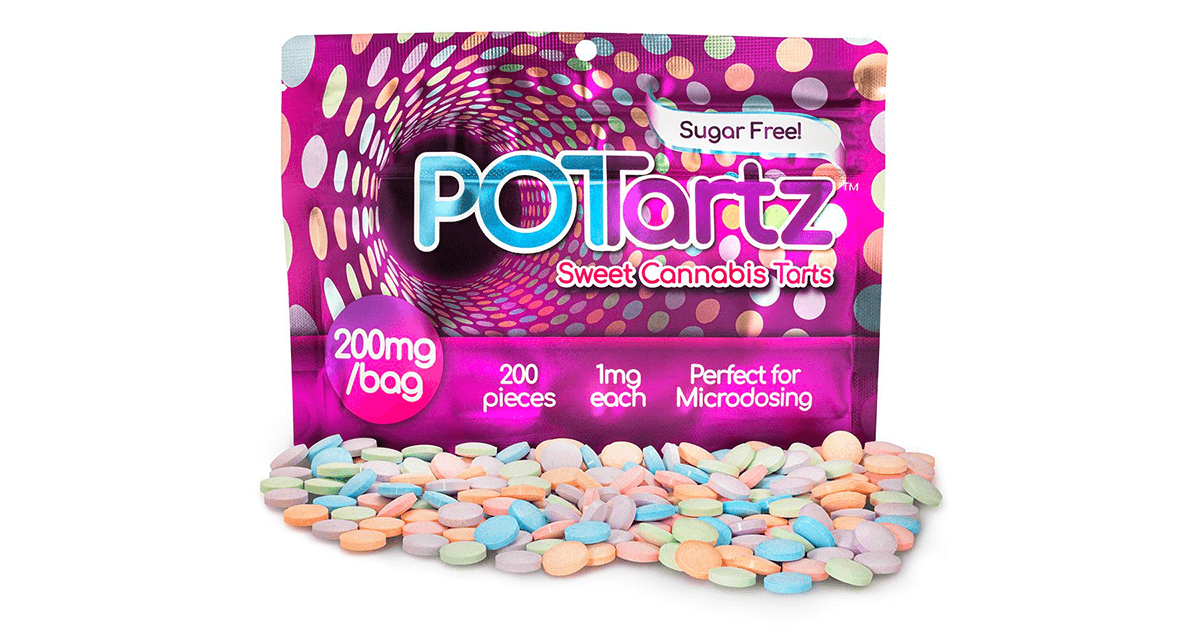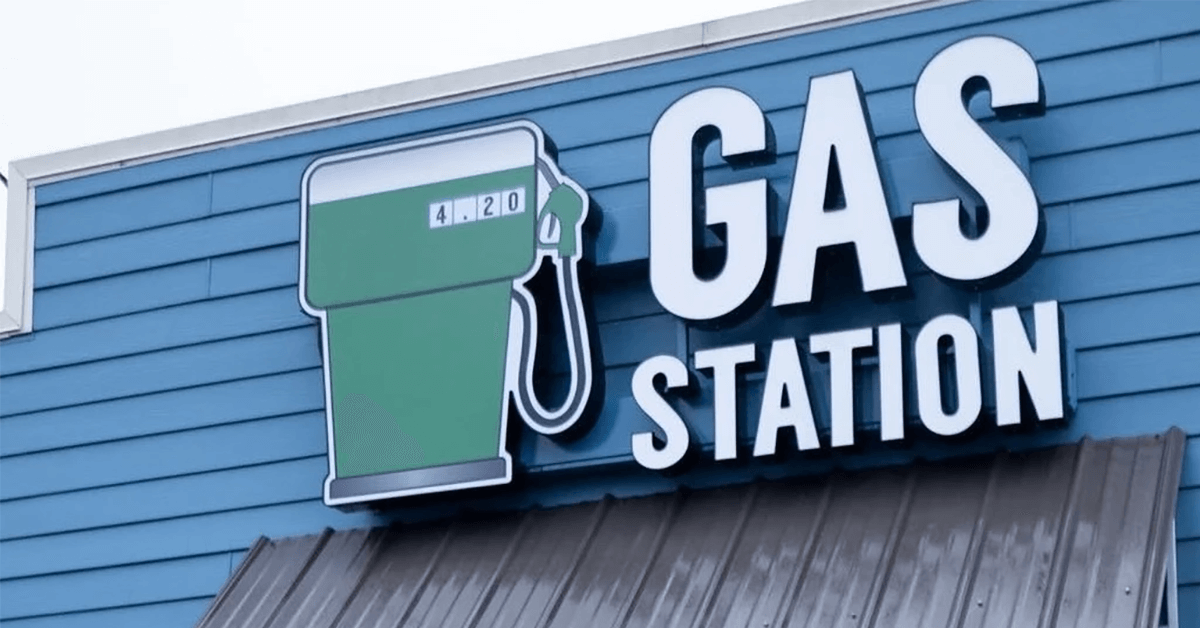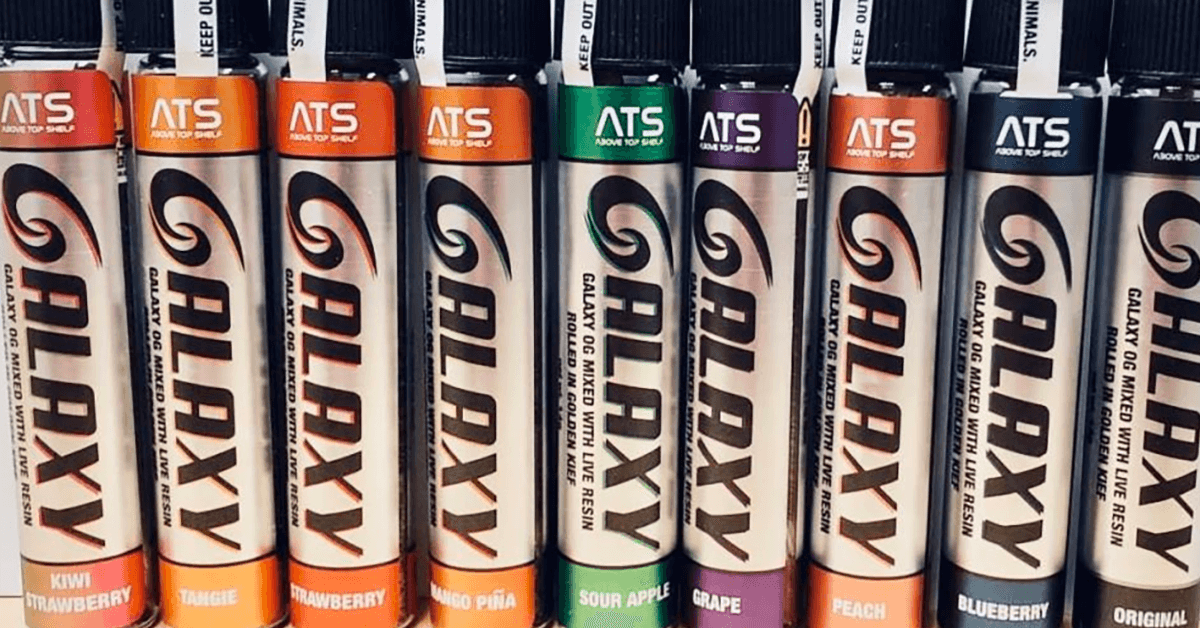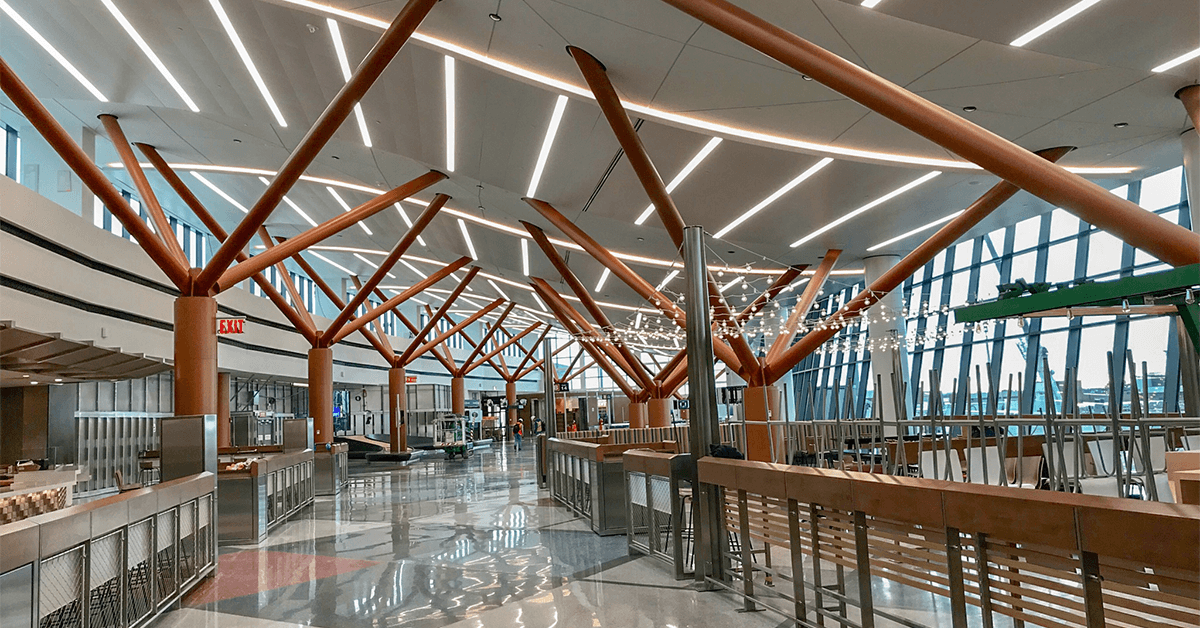Ypsilanti Implements Cap to Prevent Cannabis Market Oversaturation

Ypsilanti leaders have officially set a cap on the number of cannabis retailers in the city at 14. This decision was finalized with a 6-1 vote by the Ypsilanti City Council on Tuesday, May 14th. The sole dissenting vote came from Ward 1 Council Member Me'Chelle King.
The new ordinance follows a series of temporary measures aimed at curbing the influx of new cannabis dispensaries in the city. Existing cannabis business owners and members of the city's planning commission had advocated for a hard cap, expressing concerns that the market was becoming oversaturated.
Initially, the cap was set to be 13, but it was increased to 14 during the council's May 14th meeting due to a new application for a permit submitted before the restrictive measures took effect. City Manager Andrew Hellenga noted that denying this application could potentially expose the city to litigation, as the applicant complied with existing regulations when they applied. However, if this application is ultimately denied, the cap will revert to 13 under the new ordinance.
Previously, Ypsilanti had imposed a hard cap on the number of cannabis businesses allowed. This restriction was lifted partly to avoid legal challenges related to the allocation of limited permits. At the council's April 2nd meeting, City Attorney John Barr stated that the situation had evolved sufficiently to justify reinstating the cap.
In the interim, the council implemented zoning changes to reduce the number of available locations for new cannabis retailers and imposed an emergency moratorium on additional permits while deliberating on the appropriate cap level.
Concerns about market oversaturation were highlighted by Javier Valdez, owner of Depot Town Cannabis, who stated at the April 2nd meeting that continued market saturation might force him to close his business. Former council member and current Washtenaw County Commissioner Annie Sommerville also voiced worries that large cannabis enterprises were negatively impacting smaller, local businesses.
CRA Levels Formal Complaint Against Flavor Galaxy, LLC

The Cannabis Regulatory Agency (CRA) of Michigan has issued a formal complaint against Flavor Galaxy, LLC, underlining serious allegations of regulatory breaches. Located in Hazel Park, this licensed cannabis processing facility faces multiple accusations which, if proven, could result in severe penalties including fines, license suspension, or revocation.
According to the complaint, discrepancies were found between the product descriptions on Flavor Galaxy's consumer packaging and the actual contents as recorded in Michigan's statewide monitoring system, Metrc. Notably, the "Amnesia Watermelon Freeze Hybrid" pre-rolls were labeled as containing "Premium Refined Cannabis Distillate and Cannabis Derived Terpenes," whereas the Metrc entry showed only shake/trim with basic safety compliance testing for potency.
Further issues were uncovered during an unannounced CRA inspection on February 7th, 2024. It was revealed that the facility also used non-FDA approved botanical terpenes in their products, contrary to claims on their packaging. In addition, numerous inventory inconsistencies were noted, including untagged products and significant discrepancies between physical stock and Metrc records. For instance, during follow-up visits, the CRA found untagged vape cartridges and pre-rolls, mismanagement of waste products, and inadequate record-keeping for product formulations and adjustments.
These actions violate multiple provisions of the Michigan Regulation and Taxation of Marihuana Act (MRTMA) and associated administrative rules, leading to 18 counts in the formal complaint. These include inaccuracies in entering information into the statewide monitoring system, failure to maintain records, improper tagging and tracking of marijuana products, and misleading advertising.
Flavor Galaxy, LLC has the opportunity to respond to these allegations by requesting a hearing within 21 days from the notice date. They may also opt for a compliance conference to discuss these findings and demonstrate current adherence to state regulations. This case underscores the importance of compliance in the regulated cannabis industry, not only to adhere to legal standards but also to maintain the safety and trust of consumers.
Microdosing Made Easy with Michigan's Own POTartz

Microdosing with cannabis is gaining traction among users who seek to enjoy the benefits of THC (tetrahydrocannabinol) without experiencing overwhelming psychoactive effects. Microdoses, typically ranging from half a milligram to five milligrams per dose, are designed to be subtle enough to provide a mild, manageable high, which can potentially enhance mood and improve sleep.
In Michigan, one product stands out for those interested in microdosing: POTartz, created by Jackson-based CLDD, LLC. This product is tailored for those who appreciate the convenience and controlled dosage of THC in their edibles.
Product Overview
POTartz are crafted to cater to the microdosing community, featuring a precise 1-milligram THC content per piece. These edibles are available in two package sizes: a 200-piece bag priced around $20 and a smaller 25-piece pack for approximately $4. The candies mimic the flavor and texture of popular fruity candies, making them an appealing choice for both seasoned and novice cannabis users.
The packaging of POTartz is both eye-catching and informative, displaying key information such as the number of pieces, milligrams per piece, and the expected activation time, typically around 30 minutes. The child-resistant design and resealable zipper are thoughtful additions, enhancing safety and maintaining product freshness.
Taste and Texture
POTartz are inspired by the classic SweeTARTS candy, but are sugar-free, sweetened with sorbitol instead. Their robustness makes them an ideal choice for users who prefer to carry their edibles during outdoor activities without worrying about them breaking apart. However, their hardness might pose a challenge for those who prefer dosing in smaller increments, such as half-milligram doses.
In terms of flavor, POTartz offer a sweet and slightly sour taste that dissolves quickly, leaving a pleasant fruity aftertaste that many find enjoyable.
Microdosing with POTartz
POTartz allows users to experiment with different dosages, starting from one milligram upwards, making it easier to identify an individual's comfort level. This flexibility in dosing ensures that users can gradually find the right amount that provides the desired effect, whether it's a slight uplift in mood or a better night's sleep.
Conclusion
For individuals curious about microdosing THC or those seeking a controlled introduction to cannabis edibles, POTartz presents a viable option. Its precise dosing, enjoyable flavor, and user-friendly packaging make it a recommended choice for those exploring the benefits of cannabis in small, manageable amounts.
The Gas Station Set to Open as Wayland's Latest Cannabis Retailer

Jarred Biggs and Dennis Weiss, the business duo behind Middleville's inaugural cannabis dispensary, are expanding their footprint with a new venture, The Gas Station, slated to open next month in Wayland, Michigan. The new dispensary is located at 1124 W. Superior St., strategically positioned less than half a mile east of the U.S. 131 interchange.
Biggs, who has familial ties to the area, selected the Wayland location for its proximity to Gun Lake Casino, approximately 4 miles south. The casino is currently undergoing significant renovations and a $300 million expansion that includes a new 252-room hotel, spa, pools, and a restaurant. This development influenced Biggs' decision, as he aims to capitalize on the regional growth.
"The current developments are an opportunity we couldn't overlook," Biggs remarked. He, along with Weiss and their partners from Grand Rapids, entrepreneurs Jonathan Jelks and Willie Jackson, have previously collaborated on The Botanical Co., which opened in Middleville in October 2023.
Both The Botanical Co. and The Gas Station have been constructed with the expertise of Grand Rapids-based CopperRock Construction Inc., each project representing an investment of $1.6 million. While The Gas Station will resemble The Botanical Co. in design and operation, it will be slightly smaller in scale.
Beyond Wayland, the team is planning to expand further, aiming to establish five to six more stores across Michigan, with aspirations to venture into other states. All future outlets will operate under The Gas Station brand. According to Biggs, the focus will soon shift towards Grand Rapids for their next opening.
Biggs noted a distinct lack of local ownership in West Michigan's cannabis market, with many operators and growers based elsewhere in the state. This gap presents a strategic advantage for his group, emphasizing local ties and commitments.
Their strategy includes not just retail but also cultivation, with Biggs spearheading the opening of a 2,000-plant grow facility, Bigg Canna, in Edmore in fall 2023. Additionally, he launched the cannabis brand "Pablo" and is developing a second, larger Class C grow facility in Manistee.
"This vertical integration is crucial for our growth. It not only allows us to control product quality across our locations but also helps in securing shelf space in other dispensaries," explained Biggs.
Their arrival in Wayland marks a new chapter, as the city already hosts established cannabis retailers, unlike Middleville, which was a new market for the industry. This situation requires a more calculated approach to marketing and customer service, as Biggs acknowledged the need for a competitive edge.
Jelks, who has a diverse background in the beverage and bar industry, finds the partnership with Biggs beneficial, leveraging his deep understanding of the cannabis sector. "Our combined efforts, particularly in innovative marketing strategies, set us up for positive momentum," Jelks commented.
Flavor Galaxy LLC Infused Pre-Rolls Recalled Over Safety Testing Failures

The Cannabis Regulatory Agency (CRA) of Michigan has recently issued an important safety recall for 1,098 units of infused pre-rolls manufactured by Flavor Galaxy LLC, based in Hazel Park, under license number AU-P-000373. This action comes as part of the CRA's ongoing commitment to ensuring consumer safety and regulatory compliance in the cannabis industry.
The recall was initiated after the CRA's investigation revealed significant lapses in the product testing processes at Flavor Galaxy LLC. According to the agency, the company failed to submit these specific batches of infused pre-rolls for the mandatory final product testing. Records from the state's cannabis tracking system, Metrc, indicate that while the raw marijuana flower used in these pre-rolls underwent safety compliance testing for potency, the final products—which include added cannabis distillate and terpenes—were not tested post-infusion.
The implicated products were sold between November 25th, 2023, and May 6th, 2024. Consumers who have purchased any Flavor Galaxy LLC infused pre-rolls during this period should refer to the recall bulletin to verify whether their purchases are affected by this recall.
In addition to the recall, the CRA has also issued a product advisory bulletin. This bulletin addresses further issues with Flavor Galaxy LLC's tracking practices, highlighting that the company improperly tracked multiple batches of both pre-rolls and vape cartridges in the Metrc system. These batches were found to have added cannabis products after they had been initially sampled for compliance testing by a licensed laboratory, thus evading full compliance checks.
Consumers experiencing any adverse reactions from these or any other cannabis products are urged to seek immediate medical attention and report these incidents to their health care providers. Such reactions should also be reported directly to the CRA using the Adverse Reaction Form or by calling 517-284-8599.
For more information about this recall and general safety guidelines, consumers are encouraged to visit the CRA's official website at www.michigan.gov/CRA.
Another Michigan Woman Caught Smuggling Cannabis to the UK at Logan Airport

In a recent turn of events at Logan Airport, authorities intercepted a substantial amount of cannabis bound for the United Kingdom. The latest seizure involved a 70-pound cache of cannabis, found with a British woman attempting to depart for London this past Sunday evening. This incident follows closely on the heels of a similar case, where a woman from Michigan was caught with 74 pounds of cannabis, also destined for London.
According to a spokesperson from the Suffolk District Attorney's Office, the recent arrest occurred approximately six weeks after the first, signaling a notable pattern of smuggling attempts through this route. The spokesperson quoted Suffolk District Attorney Kevin Hayden, who expressed a stern warning against such illegal activities. "These two arrests in a fairly short time span should send a clear message that attempting to transport cannabis through Boston to the U.K. is highly ill-advised," Hayden stated.
The street value of cannabis in the United Kingdom is notably high, fetching around $5,000 per pound. This places the estimated value of the seized 70 pounds of cannabis at about $350,000.
The individual apprehended on Sunday, 19-year-old Fareedat Folunsho, faces charges of trafficking between 50 and 100 pounds of cannabis. During her arraignment in the East Boston session of the Boston Municipal Court, Folunsho pleaded not guilty and was subsequently detained on a $1,500 bail at the Nashua Street Jail. Her legal representation could not be reached for comment. She is scheduled for a probable cause hearing on May 21st.
The arrests highlight the stringent enforcement of drug trafficking laws at federal and international levels, despite the legality of cannabis in Massachusetts. Cannabis remains illegal federally in the U.S. and is also prohibited in the United Kingdom, underscoring the legal complexities surrounding its transport and sale across international borders.
These cases serve as a significant reminder of the ongoing challenges and legal consequences facing individuals who attempt to smuggle cannabis internationally, particularly from regions where it is legally permissible to areas where it is not.


 Helpful Links
Helpful Links